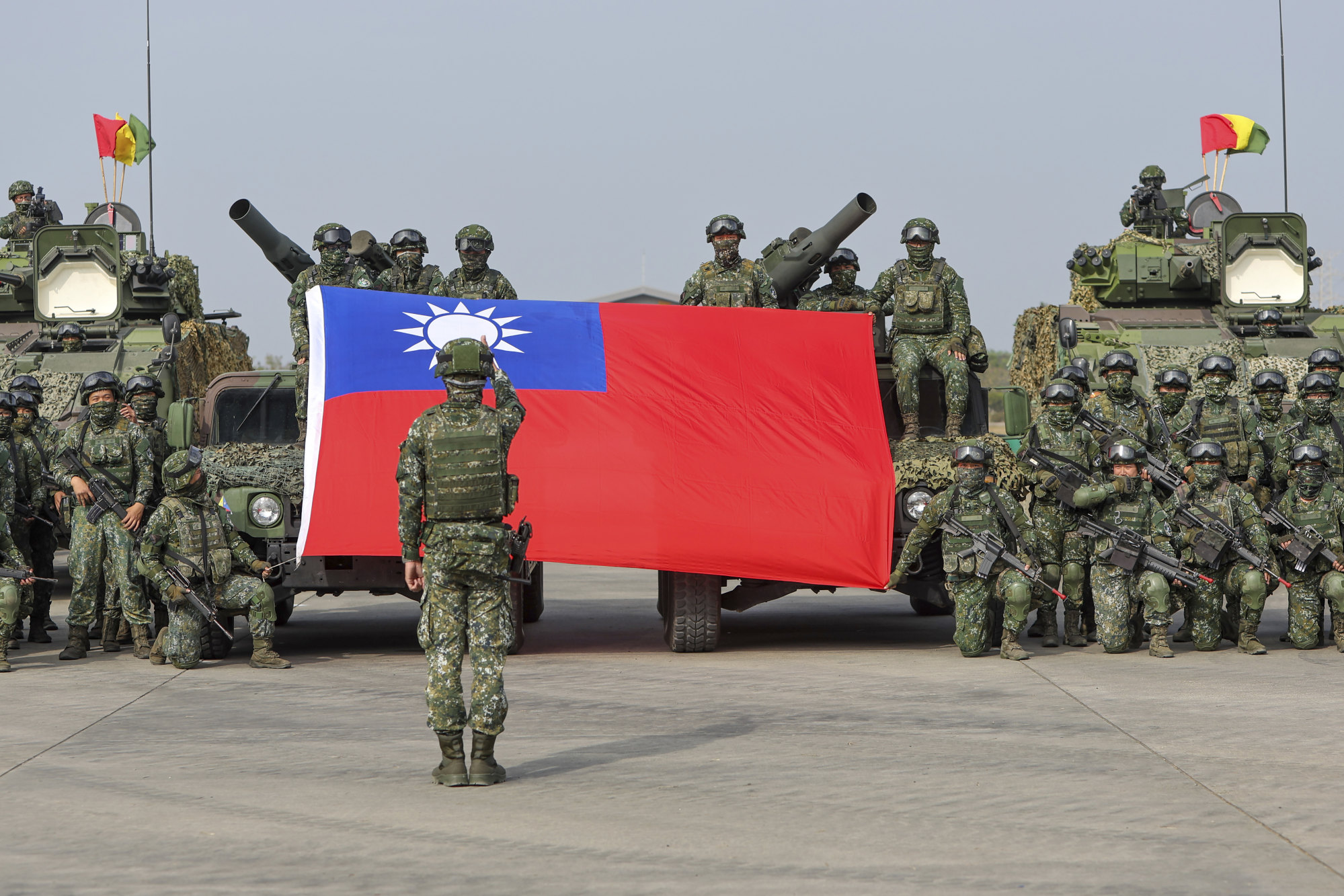US investors should be told of China exposure risks, says congressional advisory panel
[ad_1]
“China now appears to view diplomacy with the United States primarily as a tool for forestalling and delaying US pressure over a period of years while China moves ever further down the path of developing its own economic, military and technological capabilities,” the report said.
While increased engagements “create an air of normalcy”, the report said “the new normal is one of continuing, long-term strategic and systemic competition”.
Enhancing transparency was a main theme of the commission’s recommendations.
In creating a framework for corporate disclosures, the commissioners recommended including the percentage of companies’ total assets in China, their joint ventures with Chinese firms, the amount and nature of research and development they undertake in China, and the influence of any employee associated with the Chinese Communist Party in corporate decision-making.
Increased scrutiny of US-listed Chinese firms may slow M&A activity: Moody’s
Increased scrutiny of US-listed Chinese firms may slow M&A activity: Moody’s
They also urged Congress to shine a light on China’s influence on the US education system.
In particular, they called for amending laws to require the Department of Education to share data on US universities’ foreign gifts and contract disclosures, and to mandate an inter-agency review of risks posed by mainland China- and Hong Kong-origin money received by US universities.
In the same vein, they called on Congress to create a public database that would help American companies, universities and individuals conduct due diligence on potential partners in China.
Commission chair Carolyn Bartholomew and vice-chair Alex Wong said China’s economic challenges had not dimmed its “aggressive” efforts to enhance its global influence.
The report dedicates a chapter to Beijing’s efforts to “exploit open societies”. One of the recommendations calls on Congress to create a mechanism to expedite dismissals of “politically oppressive” lawsuits initiated by the Chinese government or its proxies attempting to intimidate activists abroad.
The commissioners devoted several recommendations to curbing China’s technological advancement.
One asks Congress to authorise the Committee on Foreign Investment (CFIUS) to review investments that would help foreign powers achieve technological self-sufficiency. Commissioners said the efforts of CFIUS, the inter-agency committee that screens all inbound foreign investment, have been too narrow and outdated.
“CFIUS has traditionally defined critical technologies through reference to [existing] export control authorities rather than developing a separate list of sensitive technologies,” they wrote.
New US curbs on chip tool exports to China are nearly finalised
New US curbs on chip tool exports to China are nearly finalised
They also urged Congress to mandate a report on the effectiveness of recently imposed semiconductor export controls on China’s ability to produce advanced chips, as well as to consolidate existing export licensing systems into a single one.
“It’s time for us to make more sense out of the export control regimes that we have. It’s better for business, to be able to go to one place. It’s better for us all to know what is being sent, where it’s going,” said Bartholomew.
The commission, an independent panel set up by Congress in October 2000, reports to lawmakers about the national security implications of the US-China trade and economic relationship.
Tuesday’s report grew out of seven hearings involving 67 experts from government, business and research organisations over the past year. The 12 commissioners are not lawmakers but are appointed by Congress.
The recommendations, which are non-binding, were approved by all commissioners, though some expressed reservations about two of the top 10 suggestions.

Three commissioners, including Bartholomew, called the recommendation to assess risks of imported electronics “rushed” and not rooted in the commission’s research agenda in the past year.
Commissioner Robin Cleveland criticised the proposed corporate disclosures framework as “sweeping yet vague”, saying it “undermines free market principles”.
Every year, the commission chooses a region of the world on which to focus. This year, the report dedicated a section on relations with Europe.
Sanctioning China over a Taiwan war would exact US$3 trillion toll: report
Sanctioning China over a Taiwan war would exact US$3 trillion toll: report
The second calls on Congress to push the Biden administration to discuss coordinated sanctions on China with European allies in the event of military conflict in Taiwan or an escalation in China’s support for Russia.
The US has increased its military sales to Taipei in recent years, and Taiwan has sent troops to the US for training. While there have been concerns about a weapons delivery backlog, the commission said it was focused on getting Taiwanese troops prepared.
The goal is to “make sure that they are ready to use it when they receive it” and eliminate lags between supply delivery and operational dates, said Bartholomew.
[ad_2]
Source link





